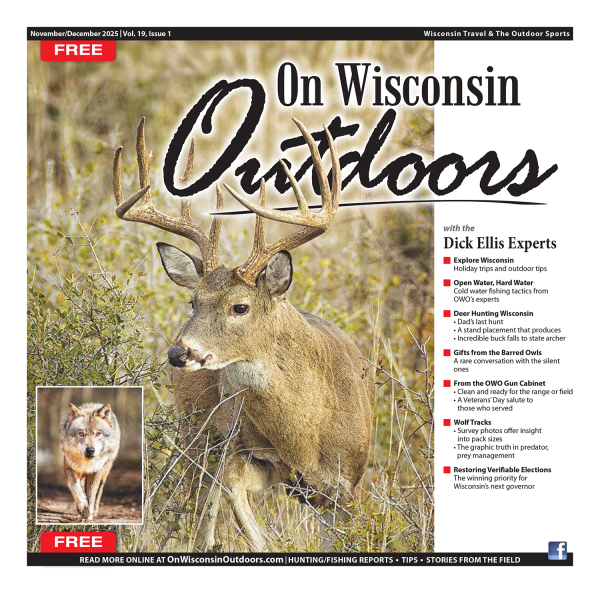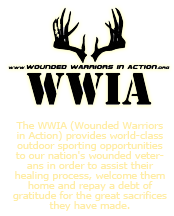Act 168 Hunting and Trapping in Wisconsin State Parks
December 10, 2012
By Cathy Stepp, Secretary, Wisconsin Department of Natural Resource
Earlier this year, the Wisconsin Legislature approved Wisconsin Act 168 known as the Sporting Heritage Act, with the intent of increasing participation in hunting trapping and outdoor skills in Wisconsin. An amendment to the bill that created the law expanded hunting opportunities and opened trapping for the first time on Wisconsin state park lands.
The bill, including the amendment to add hunting, fishing, and trapping in state parks, passed the Assembly 84 to 12 and passed the Senate by a vote of 32 to 1. The bill, which goes into effect on Jan. 1, 2013, had strict parameters under which the Department of Natural Resources or the State Natural Resources Board could limit hunting and trapping: within 100 yards of designated use areas such as campgrounds and picnic areas; to protect public safety; or to protect unique plant or animal communities.
The Wisconsin State Park system has a strong history of providing quality recreational opportunities to multiple user groups.
State parks staff has been working diligently since the bill passed developing a plan to implement this new law. They recommended that parks not be open to hunting and trapping during the busiest times of the year, but instead open after Columbus Day and close before Memorial Day, a period when park use traditionally drops off. They painstakingly reviewed each park map and identified – under the criteria established in the law – what areas would be open and closed to hunting and trapping activities.
The Natural Resources Board conducted five listening sessions for the public to comment on the department’s proposal to carry out the law, and the state parks program accepted written and email comments on the draft proposal. After reviewing more than 2,000 comments, state park staff modified the draft implementation plan and now propose closing an additional 2,800 acres to hunting and trapping and moving back the opening day for hunting and trapping to Nov. 15 on portions of seven state park properties.
DNR has strived to reach a balance of providing additional opportunities to draw people into hunting, trapping and outdoor skills programs, while continuing to provide the wide range of outdoor activities that people have long enjoyed at Wisconsin State Park System properties.
The Wisconsin State Parks program has a long history of managing hunting and trapping on state park properties. Deer and turkey hunts have been held for years at many parks, and are a necessary part of managing wildlife and habitat. The parks program also administers the southern State Forests, such as the Kettle Moraine and Point Beach state forests, which have always been open to hunting and trapping.
The Department of Natural Resources will present the revised implementation plan to the Natural Resources Board on Dec. 11 and it will be up to board members to decide whether this plan adequately meets the intent of the law to expand hunting and trapping while still providing the excellent outdoor recreational opportunities that the public has long enjoyed at Wisconsin State Parks.









